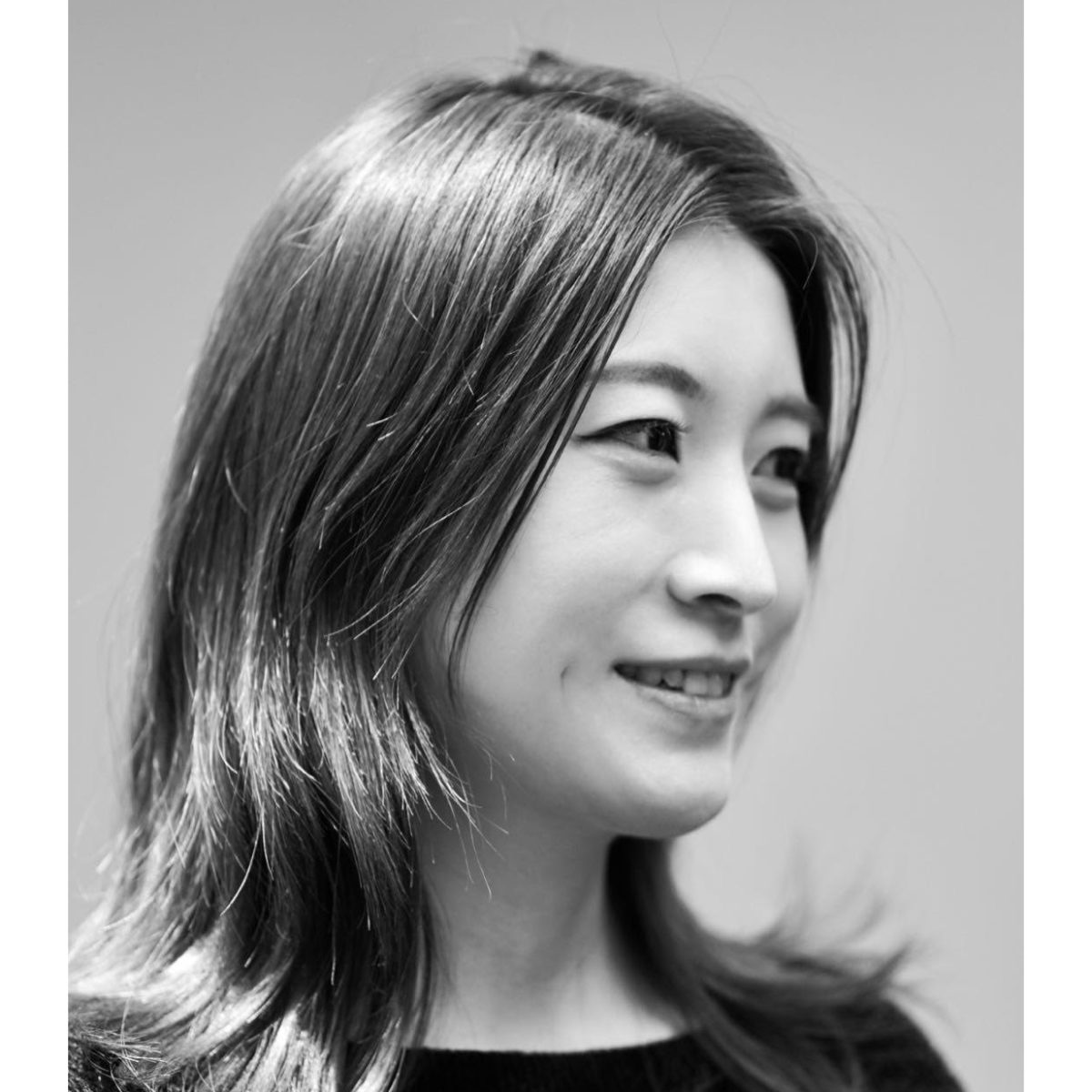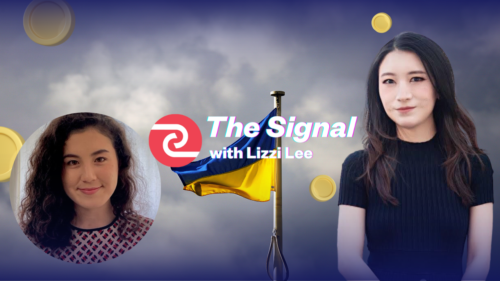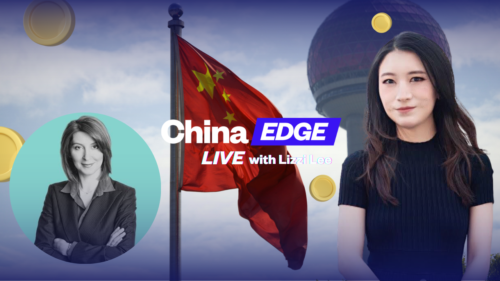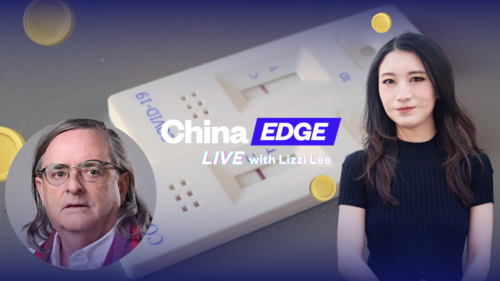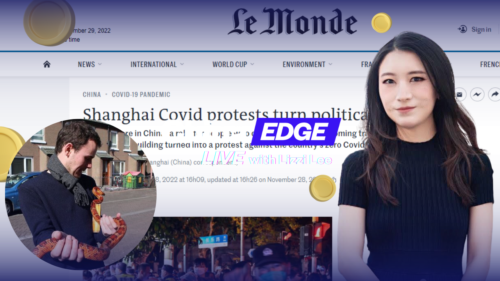The protests that challenged China’s governance model | Live with Lizzi Lee
Lynette Ong, a professor of political science at the University of Toronto, discusses how the recent anti-COVID-zero protests shook up Beijing’s ‘weiwen’ system of maintaining stability.
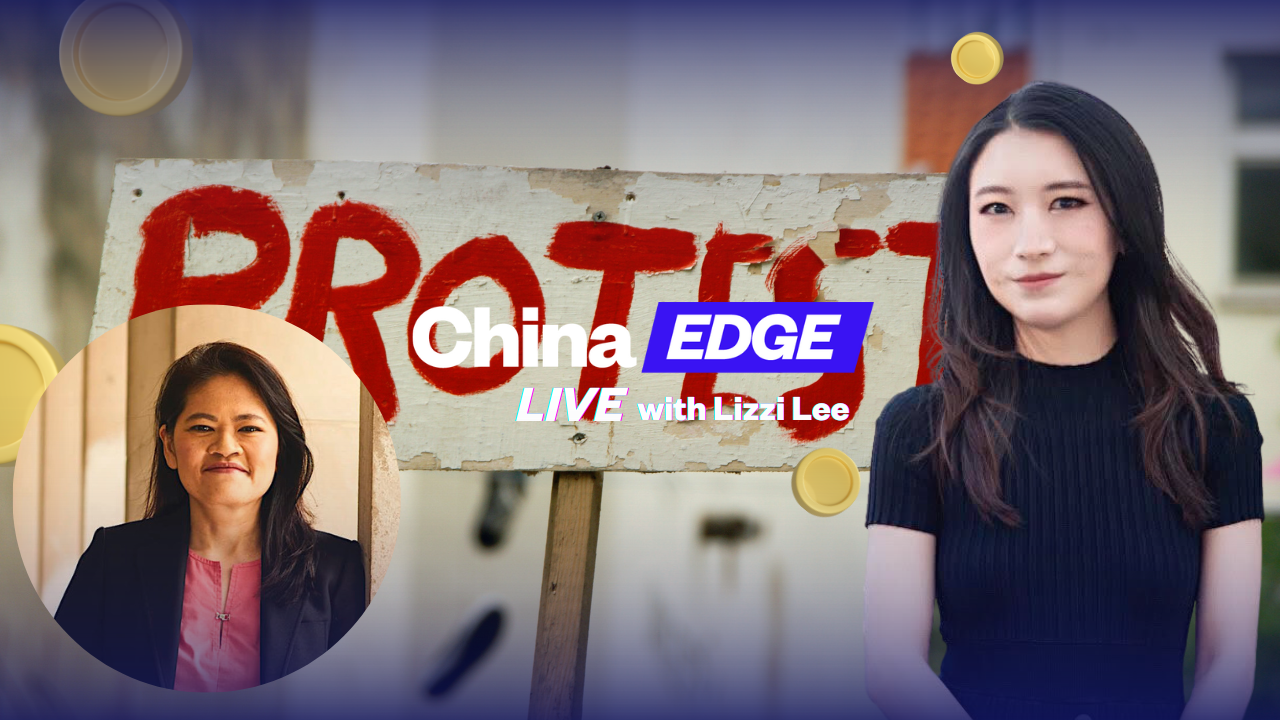
In this episode of Live with Lizzi Lee:
Lynette Ong, a professor of political science and a China scholar at the University of Toronto, discusses the flaws in China’s stability maintenance model, and how the recent protests across the nation challenged its governance system.
She is also the author of Outsourcing Repression: Everyday State Power in Contemporary China.
Below is a transcript of the video:
Lizzi Lee: Joining me today is Lynette Ong, professor of political science at the University of Toronto. Thank you so much for being here with me, Professor Ong.
Lynette Ong: Thank you so much for having me, Lizzi.
Lizzi: So, first, can you please help us understand the wéiwěn (维稳, stability maintenance) model? What are its features and what are its advantages?
Lynette: So, weiwen means maintaining stability and in Western social science terms it could be loosely translated into a repressive model. But China’s definition of repression is much broader than we understand in the West. We typically understand in the West repression as police arrest, rolling in military tanks to repress protesters. Those are things that happened when governments act after small protests or large-scale demonstrations have taken place. So, they are ex-post measures to deal with social unrest. That’s a definition in the West.
But in terms of weiwen in Chinese terms, they are looking at doing things to nip contention in the bud before they evolve into protests. So, you can imagine that includes a wide range of measures. So, when we talk about weiwen in China, it could include things such as deploying or planting spies in the university, in workplaces, either through party operatives or recruiting volunteers.
It could involve… If you live in the building blocks, you are assigned to a grid and you have part of the social credit system and part of the grid control, to divide the cities into grids, and each grid is then assigned to a grid worker or grid officer to monitor. So, you might have, let’s say, 50 households living in the grid, and each household has about three to four people.
So, this worker is in charge of monitoring people’s behavior. Those with criminal backgrounds, those who have launched a petition that they have left a record with the government. These people will be watched much more closely than someone, you know, with a clean record. And also, you also have technology surveillance with state-of-the-art artificial intelligence that allows the state to track you down.
And during COVID times, everyone needs to carry an app and then screen the app, which could turn red, orange, or green, depending on their COVID status, supposedly. But the COVID app has been used to not allow people to, let’s say, board a train if they want to go to big cities to protest. Some local governments have used that sort of measure to stop people from controlling their movement. So, a range of things takes place to preempt protests from taking place.
And of course, after protests have taken place, they will send in the police, or they could send in the military. They could send in gangsters, hooligans, or what they call thugs for hire. So, a whole range of things along the value chain… The system is a way that is intended to really to minimize or to preempt any sort of large-scale protest or demonstration.
Lizzi: We usually have this impression that the Chinese weiwen system is quite successful in nipping protests in the bud. But what went wrong with this approach this time as we see multiple protests erupting across China?
Lynette: That’s a great question because as what they’ve done earlier, that sort of system you can imagine actually requires a great deal of manpower to monitor people, spy on people, or even assign a grid to someone, requires a lot of manpower. It requires a lot of money.
So, they cannot monitor everybody. It’s impossible to monitor anybody. You can only monitor those people who are high-risk individuals. Those people who have lodged a petition before, who have tried to protest before. If you get onto the government list, it is very difficult to get out of it. So those people who have turned up in the streets across a lot of cities, more than a dozen cities in the past week, most of them have very clean records. So, the government, the Party has no right to suspect them, you know, has no reason to be suspicious of these people. So, they have really escaped the holes of the system. There are big holes in the system. The system is sure, very powerful and pervasive, but is meant to be targeting individuals, not the broader society at large.
Lizzi: Speaking of the ongoing protests, there has been some debate on whether these protests are about specific pieces of COVID policy or implementation of those policies or broader grievances against the regime or Xí Jìnpíng’s 习近平 rule. Professor Ong, what’s your take on that, on that aspect?
Lynette: So initially there were frustrations that are COVID-related. But these COVID-related frustrations are very all-encompassing. There are people who are just fed up with taking COVID tests. They want more freedom. We’re not talking about, you know, liberty or democracy. We’re just talking about the ability to move around to a grocery store, to go about your everyday life, that sort of very limited daily life sort of movement.
Now, people who have had their income drastically reduced to nothing for a couple of months or some of them being interrupted for three years already. So, their income has been affected in a very significant way. You have workers in factories who complained about, you know, bad quarantine practices, pay being cut, not being properly sent into quarantine with unhygienic conditions, just terrible. So, they would rather, you know, work for a couple of days back to the villages to escape that sort of conditions, given that they are not being paid properly.
You also have more intellectuals in the cities, such as in very prestigious campuses, in big universities like Tsinghua in Beijing, and some universities in Shanghai. And those students who go out there and said they are done: We don’t take any COVID tests anymore. Down with Xi Jinping, down with the CCP, the Chinese Communist Party. But I think the trigger, the most recent trigger is the Urumqi fire.
So, about a week ago, 10 people died in a fire. They were trapped in the building. Fire engines cannot get to the building and rescue them, which they could in ordinary conditions. The fire engine couldn’t reach them because the place was cordoned off because of quarantine. So, people died unnecessarily. That provoked huge outrage, you know. So usually what happens in ethnic minority regions in China doesn’t have much resonance across the society, but this time it’s a little bit different because they feel that they died because of COVID restrictions.
We are also suffering under COVID restrictions. So, this sympathy across the nation is very, very rare. And they have broken the psychological barrier this time. So, you see people congregating on Shanghai’s Urumqi Road. It’s just a name. Aside from the name, there are no ethnic Uyghurs there. So, they go out to Urumqi Road and say that we don’t take any COVID tests anymore, down with Xi Jinping, you know, we want freedom. Xi Jinping should step down.
Lizzi: Fantastic. So last month, the debate on how strong Xi Jinping’s power grip on China seemed all but settled as Xi Jinping secured an unprecedented third term and stacked the standing committee with his loyalists. But now, as protests are happening all around China, that debate, that discussion has reopened. Do you think Xi Jinping’s power is weakened by those protests in any meaningful way? How do you expect Beijing to react in the aftermath of those protests?
Lynette: Sure. I think Xi Jinping’s power, even at the 20th Party Congress, when I saw him line up the institutions, elite institutions, Politburo, Standing Committee, and Central Committee with all his loyalists, is actually an indication that the system itself is very fragile. Because China is such a big country, there’s no way that you can buy the loyalty of everybody.
So, he must replace people… What holds the Chinese system together since liberal reform in 1979, is about allowing people to get rich. It is about allowing civil servants and bureaucrats, especially politicians, to make money on the sideline through various means using their status, using their official positions. And that’s how people buy into the system. That’s how people become loyal to the CCP because they can gain something out of it.
But what Xi Jinping did was he got rid of the glue, what they would call the glue that held the system together for a long time and replaced that with people who were loyal to him. Why are people loyal to him if they cannot gain benefits? They must be fearful of him. So that sort of fear that held people together is not as strong as I would say commercial incentives, like positive incentives that allow people to get rich. So even though at the top of the institutions, he can line up with loyalists. People see that.
And at the bottom, people do not resonate with Xi Jinping. And Chinese society in the last three years is really like a pressure cooker. It has been a pressure cooker for a long time because it’s a stressful and highly competitive society.
I think the last three years with lockdowns on and off, with a declining economy, with people who pay money but can never get their houses, with the mortgage crisis tanking economic growth, with an unemployment rate, particularly among the youth in the cities, is as high as 20% now… It’s a system that is under a lot of pressure. I’m not saying that the system will collapse any time soon, but I’m really saying the system is not as strong as we had thought, as it appears to be just a month ago at the 20th Party Congress.
